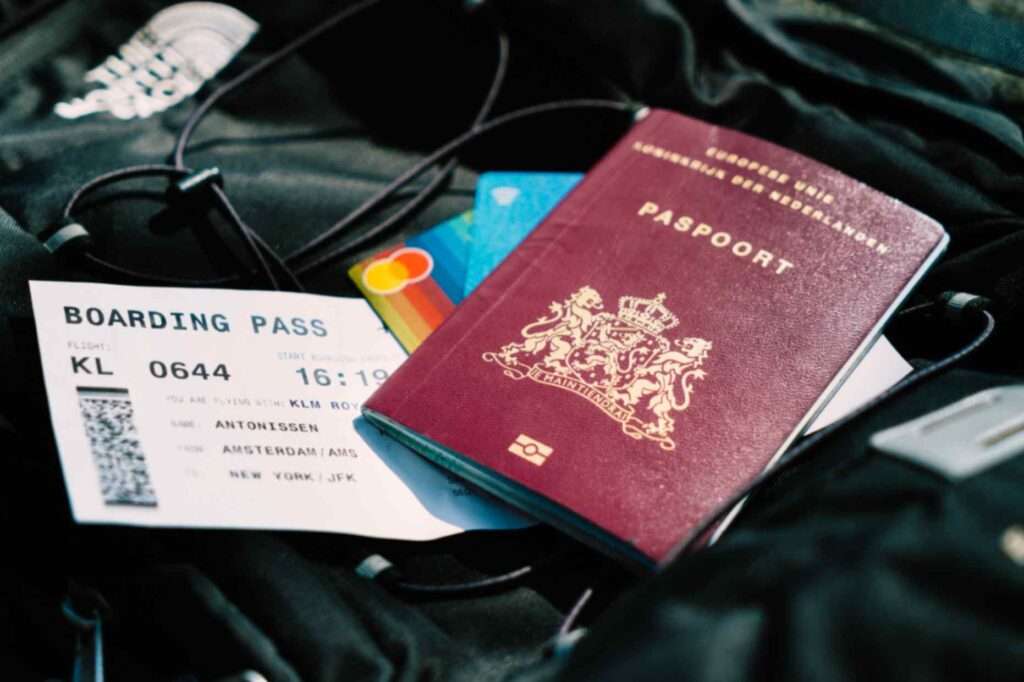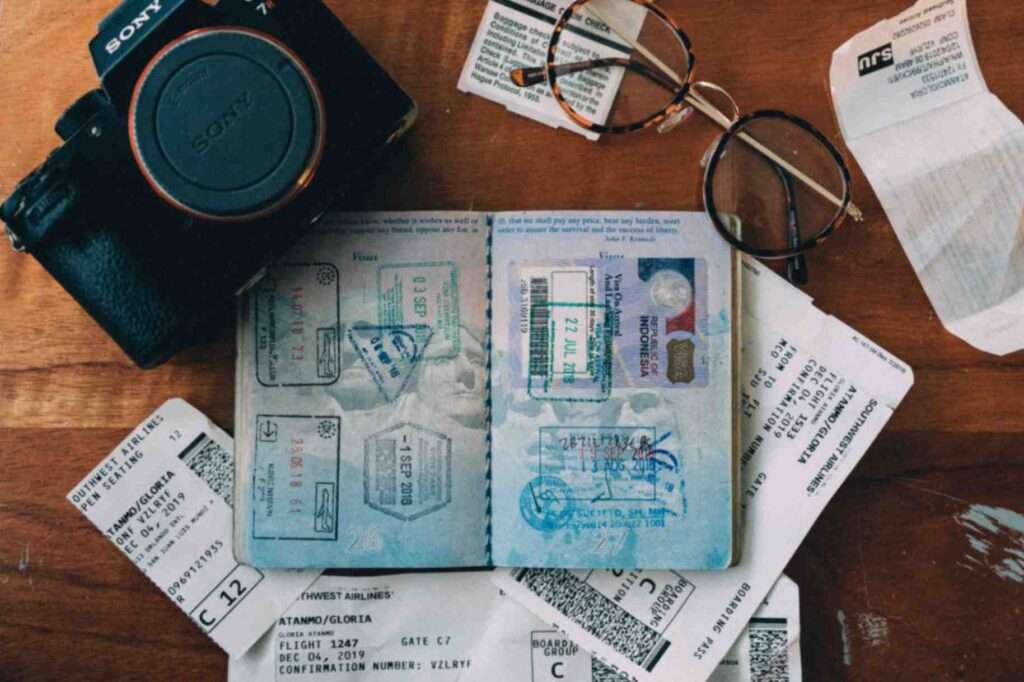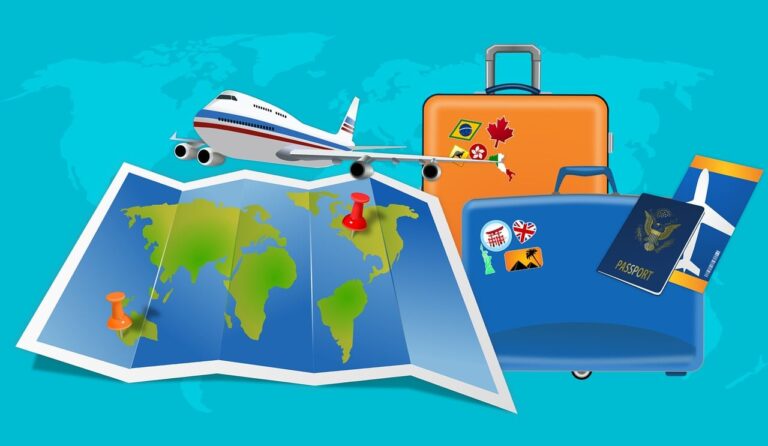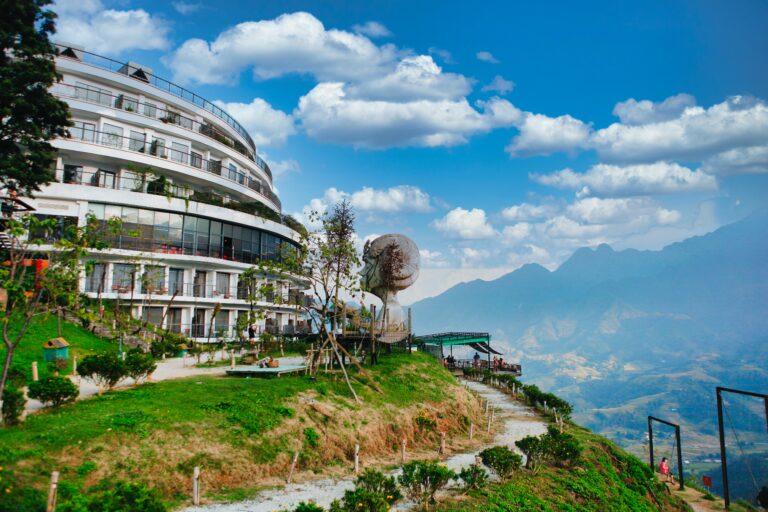Ah, Vietnam! A territory marked by stunning natural beauty, a rich historical tapestry, and a lively, diverse cultural scene. But before you start packing your bags, there’s one crucial thing to figure out – which vietnam visa is the best for your trip to this beautiful Southeast Asian country? Whether you’re a tourist, a business traveler, or an aspiring student, picking the right visa can make all the difference. Let’s dive in!
https://youtu.be/Tv2E2gJNMpQ?si=KX5Hvu8ZxZHmfbGr

When it comes to planning a trip to Vietnam, securing the right visa is a crucial step. With a myriad of options available, finding the one that suits your needs can be overwhelming. In this comprehensive review, we’ll explore the top 8 Vietnam visas, providing insights into their application processes, benefits, and suitability for different travelers.
Contents
- 1 1. Tourist Visa: Embrace the Beauty of Vietnam
- 2 2. Business Visa: Unleash Opportunities in Vietnam
- 3 3. Student Visa: Fuel Your Educational Journey
- 4 4. E-Visa: A Digital Approach to Simplify Your Journey
- 5 5. Cultural Exchange Visa: Immerse Yourself in Vietnam’s Heritage
- 6 6. Diplomatic and Official Visas: Navigating Special Circumstances
- 7 7. Visa Extensions: Prolonging Your Stay in Vietnam
- 8 8. Common Mistakes to Avoid: Ensuring a Smooth Application Process
- 9 Vietnam Visa Application and Requirements: A Step-by-Step Guide
- 10 Tips for a Smooth Visa Application
- 11 Tips for Managing Visa Costs:
- 12 FAQ
1. Tourist Visa: Embrace the Beauty of Vietnam

The tourist visa is your gateway to exploring Vietnam’s stunning landscapes and rich culture. With a straightforward application process, this visa is ideal for those planning a leisurely visit. Duration and extensions are flexible, making it perfect for travelers who want to take their time soaking in the beauty of Vietnam.
2. Business Visa: Unleash Opportunities in Vietnam

Entrepreneurs and professionals seeking business opportunities in Vietnam will find the Business Visa tailored to their needs. Navigating the application process might require attention to detail, but the benefits for business travelers are substantial. From networking to exploring investment possibilities, the Business Visa opens doors in Vietnam’s thriving economy.
3. Student Visa: Fuel Your Educational Journey
For those aspiring to study in Vietnamese institutions, the Student Visa is the key. The application process may seem complex, but the opportunities for international students are vast. Dive into the rich academic culture of Vietnam and broaden your horizons with a Student Visa.
4. E-Visa: A Digital Approach to Simplify Your Journey
In the digital age, the E-Visa stands out as a convenient option for travelers. The online application process is user-friendly, allowing you to secure your visa with ease. Whether you’re a tourist or a business professional, the E-Visa offers a hassle-free entry into Vietnam.
5. Cultural Exchange Visa: Immerse Yourself in Vietnam’s Heritage
For those craving a deeper cultural experience, the Cultural Exchange Visa is a unique option. This visa facilitates immersive experiences, allowing you to engage with Vietnam’s rich heritage. Perfect for artists, researchers, or anyone passionate about cultural exploration.
In specific situations, such as diplomatic missions or official visits, the Diplomatic and Official Visas become essential. Understanding the nuances of these visas is crucial, ensuring a smooth entry for those representing their countries on official grounds.
7. Visa Extensions: Prolonging Your Stay in Vietnam
What if your initial visa duration isn’t enough? Understanding the visa renewal and extension process is vital. Whether you’re a tourist wanting to extend your vacation or a professional extending a business trip, this section explores the necessary steps to prolong your stay.
8. Common Mistakes to Avoid: Ensuring a Smooth Application Process
To wrap up our review, it’s essential to highlight common mistakes to steer clear of during the application process. From missing documents to overlooking specific requirements, these insights will help you navigate the application process seamlessly.
Vietnam Visa Application and Requirements: A Step-by-Step Guide
Planning a visit to Vietnam involves a crucial step – the visa application process. Understanding the requirements and navigating the application can be a bit daunting, but fear not. In this guide, we’ll walk you through the Vietnam visa application process, detailing the requirements for a seamless entry into this captivating Southeast Asian destination.
1. Understanding Vietnam’s Visa Policy
Before diving into the application process, it’s essential to grasp the basics of Vietnam’s visa policy. Vietnam offers various types of visas, including tourist visas, business visas, student visas, and special visas for specific purposes.
2. Types of Visas Available
Tourist Visas: Ideal for leisure travelers.
Business Visas: Tailored for entrepreneurs and professionals.
Student Visas: For those pursuing education in Vietnam.
Special Visas: Catering to cultural exchanges and diplomatic visits.
3. Applying for a Vietnamese Visa
Online Application Process (e-Visa)
In the digital era, applying for a Vietnamese visa has become more accessible through the e-Visa system. Here are the steps:
Visit the Official E-Visa Website: Navigate to the official website for e-Visa applications.
Create an Account: Register on the website by providing necessary details.
Complete the online application form diligently by providing precise and truthful information.
Upload Required Documents: Scan and upload your passport photo and other necessary documents.
Pay the Visa Fee: Pay the required visa fee online through secure payment gateways.
Wait for Approval: After submission, wait for the visa approval, which typically takes a few days.
H2: Applying Through Vietnamese Embassies
For those preferring the traditional route, applying through Vietnamese embassies remains an option:
4. Common Mistakes to Avoid
Navigating the application process cautiously to circumvent typical errors is essential.
Ensure all information provided is accurate and matches your documents.
Double-check the required documents and submit them in the specified format.
Pay the visa fee through official channels to avoid scams.
Tips for a Smooth Visa Application
Necessary Documents
Valid Passport: Ensure your passport has at least six months of validity.
Passport Photo: Provide recent passport-sized photos.
Flight Itinerary: Include details of your intended travel dates.
Lodging Information: Submit evidence of your accommodation plans.
Visa Approval Letter (if applicable): For certain visa types, you may need an approval letter.
Official Vietnam visa website
The official website for Vietnam visa applications, particularly for the e-Visa, is an integral part of the visa application process for travelers to Vietnam. It’s important to note that using the official site ensures accuracy, security, and up-to-date information.
Understanding the Official Vietnam Visa Website
The official Vietnam visa website is designed to facilitate the e-Visa application process. This online platform allows applicants to fill out their visa application, submit necessary documents, and pay the visa fee securely.
Key Features of the Official Website
Intuitive Interface: The website is crafted for effortless navigation.
Secure Application Process: Ensures the safety of your personal and financial information.
Up-to-Date Information: Provides the latest details on visa requirements and regulations.
Multilingual Support: Offers information in various languages for wider accessibility.
How to Use the Official Vietnam Visa Website
Step 1: Accessing the Website
Visit the official Vietnam e-Visa website. Ensure you are on the correct site to avoid scams or unofficial portals.
Step 2: Filling Out the Application
Complete the e-Visa application form. Provide all required information accurately to avoid any delays in processing.
Step 3: Uploading Documents
Upload necessary documents, such as your passport photo and a copy of your passport information page.
Step 4: Paying the Visa Fee
Submit the visa fee through the secure payment system on the website. The fees are subject to change based on the visa type and processing duration.
Step 5: Receiving Your E-Visa
After submission, the processing time can vary. Upon approval, your e-Visa will be issued electronically.
Benefits of Using the Official Website
Direct Processing: Applications are processed directly by the Vietnamese immigration authorities.
Avoiding Scams: Using the official site reduces the risk of scams and fraudulent activities.
Accurate Information: The official website provides the most current and accurate visa information.
Important Tips
Check Your Eligibility: Before applying, ensure that you are eligible for an e-Visa.
Validity and Duration: Understand the validity period and stay duration allowed on your e-Visa.
Keep Copies: Save a copy of your e-Visa and carry it during your travel.
Overview of Vietnam Visa Processing Time
The processing time for a Vietnam visa generally ranges from a few days to a couple of weeks. Let’s examine various scenarios more closely:
1. E-Visa Processing Time
Standard Processing: Typically, an e-Visa for Vietnam is processed within 3 to 5 business days.
Expedited Processing: Some services offer expedited processing for an additional fee, potentially reducing the wait time to 1-2 business days.
2. Embassy or Consulate Visa Processing Time
Standard Embassy Processing: When applying through a Vietnamese embassy or consulate, the processing time can range from 5 to 7 business days. However, this can vary depending on the specific embassy’s workload and the applicant’s nationality.
Expedited Embassy Processing: Some embassies may offer an expedited service for an extra fee, which could shorten the processing time.
Factors Affecting Visa Processing Time
Type of Visa: Different types of visas (tourist, business, student, etc.) may have different processing times.
Volume of Applications:
High application volumes, especially during peak tourist seasons, can lead to longer processing times.
Accuracy of Application: Incomplete or incorrect applications can cause delays. Ensuring all information is accurate and complete can help expedite the process.
National Holidays: Both in Vietnam and in the applicant’s home country, national holidays can affect processing times due to closures of embassies and government offices.
Tips for Managing Visa Costs:
Research Fees in Advance: Before applying, research the specific visa fees for your nationality and the type of visa you need.
Consider Processing Time: Expedited processing may come with higher fees, so plan accordingly.
Check for Additional Charges: Be aware of any additional charges, such as stamping fees for Visa on Arrival.
Conclusion: Understanding the Vietnam Visa Process
Navigating the process of obtaining a Vietnam visa is an essential part of planning your journey to this culturally rich and scenic country. To ensure a smooth experience, it’s important to comprehend the different types of visas available, the application methods, processing times, costs, and other nuances of the process. Here’s a brief recap:
Visa Types: Vietnam offers several visa types, including tourist, business, and student visas, each catering to different travel purposes.
Application Methods: You have the option to apply online for an e-Visa or through a Vietnamese embassy or consulate.
Processing Times: These vary depending on the type of visa and application method, ranging from a few days to several weeks.
Costs: Visa fees differ based on the visa type, application method, and the applicant’s nationality, with additional charges for expedited processing or on-arrival services.
FAQ
Is it possible to extend a tourist visa in Vietnam?
Yes, tourist visas can often be extended in Vietnam. The extension process involves submitting an application and paying the necessary fees. Check with the local immigration office for details.
2. Can I apply for a visa on arrival for Vietnam at any airport?
No, Visa on Arrival is only applicable at certain international airports in Vietnam. Ensure your arrival airport is one of the designated entry points.
3. What happens if my visa application is denied?
If your visa application is denied, you should receive information about the reason for the denial. You may have the option to reapply with corrected information.
4. Are there age restrictions for student visas in Vietnam?
Student visas are typically open to individuals of various ages, but specific educational institutions may have their own age requirements. Check with the intended educational institution for details.
5. How early should I submit my Vietnam visa application?
It is advisable to apply for a Vietnam visa well in advance of your planned travel date. This ensures sufficient processing time and avoids last-minute complications.
I’m originally from Manchester (England) but I currently live in New York. I started this travel blog all the way back in 2009 to provide travel advice that wasn’t available in the guidebooks.
Since then I’ve traveled to over 60 countries, a lot of the time, solo. My site is filled with destination guides, things to do, epic itineraries and money-saving travel tips. I hope I can inspire you to see the world!






